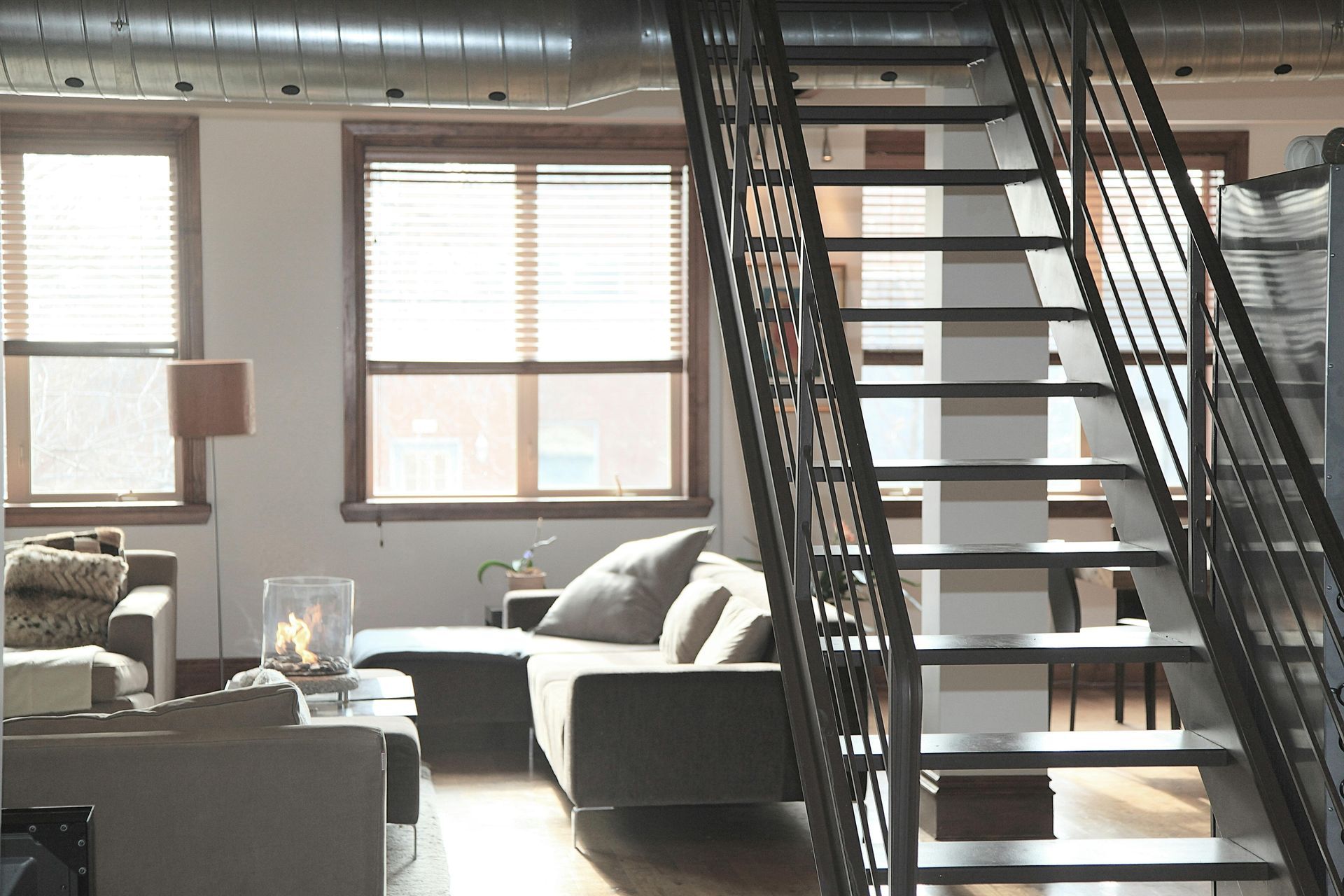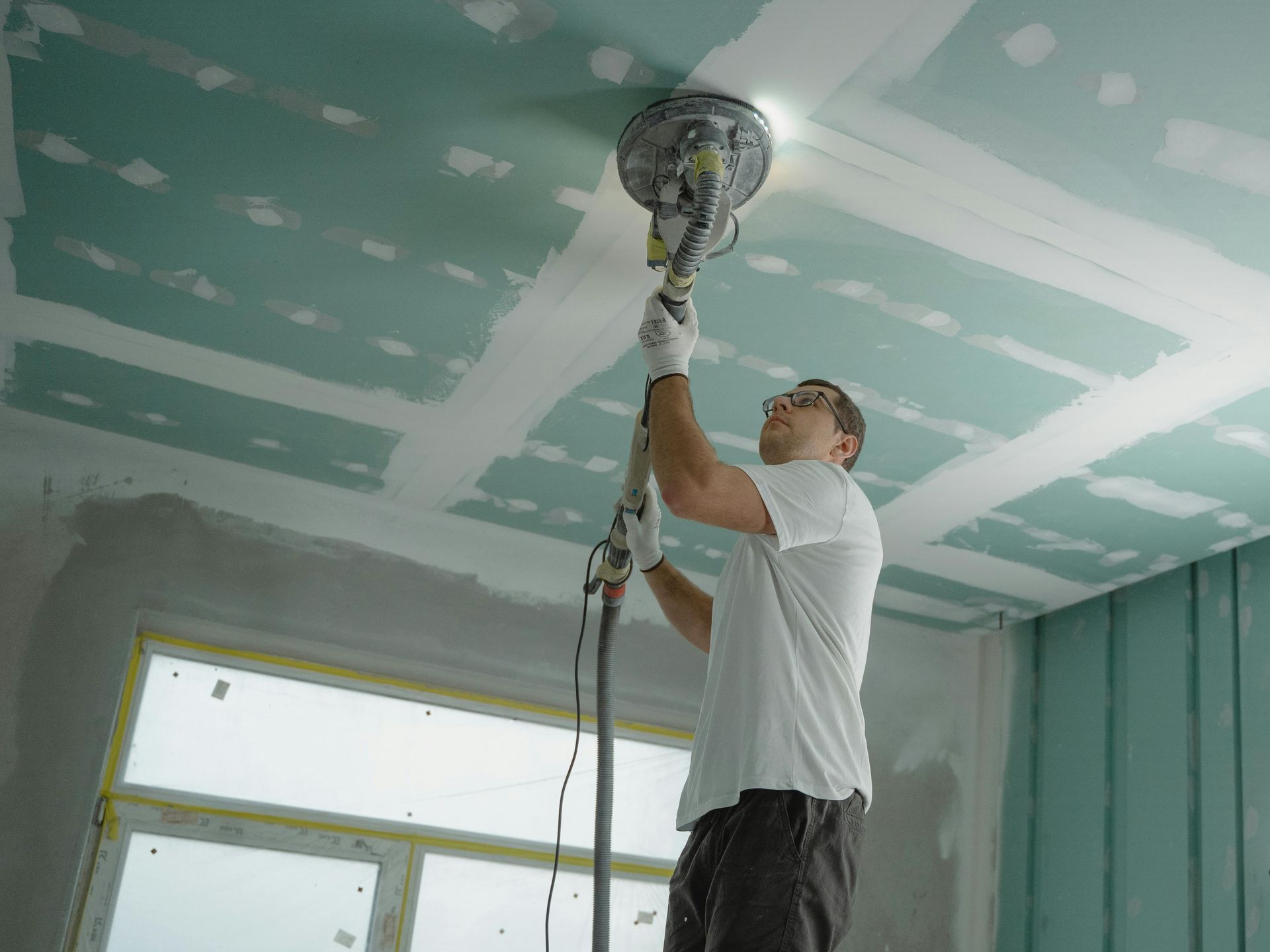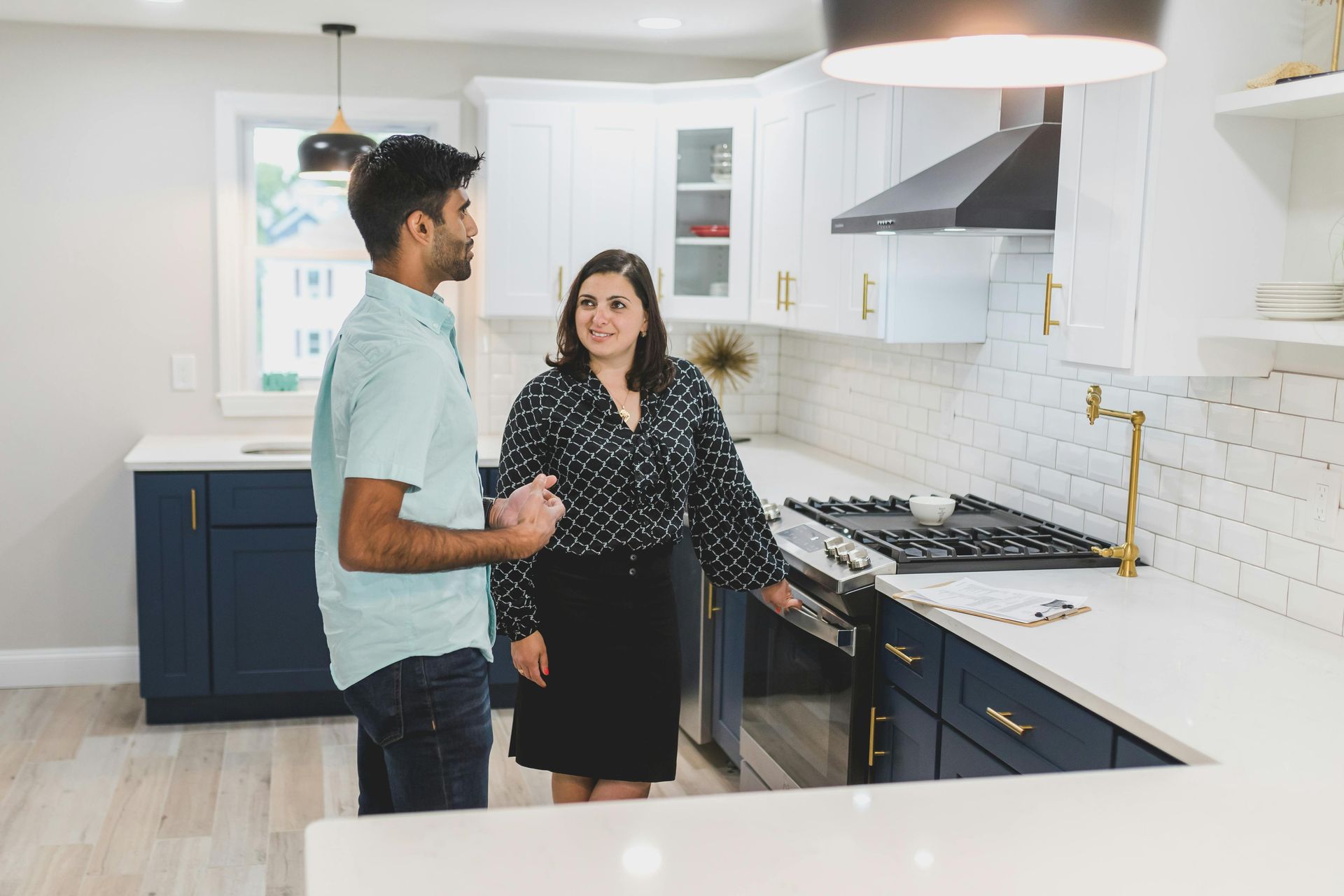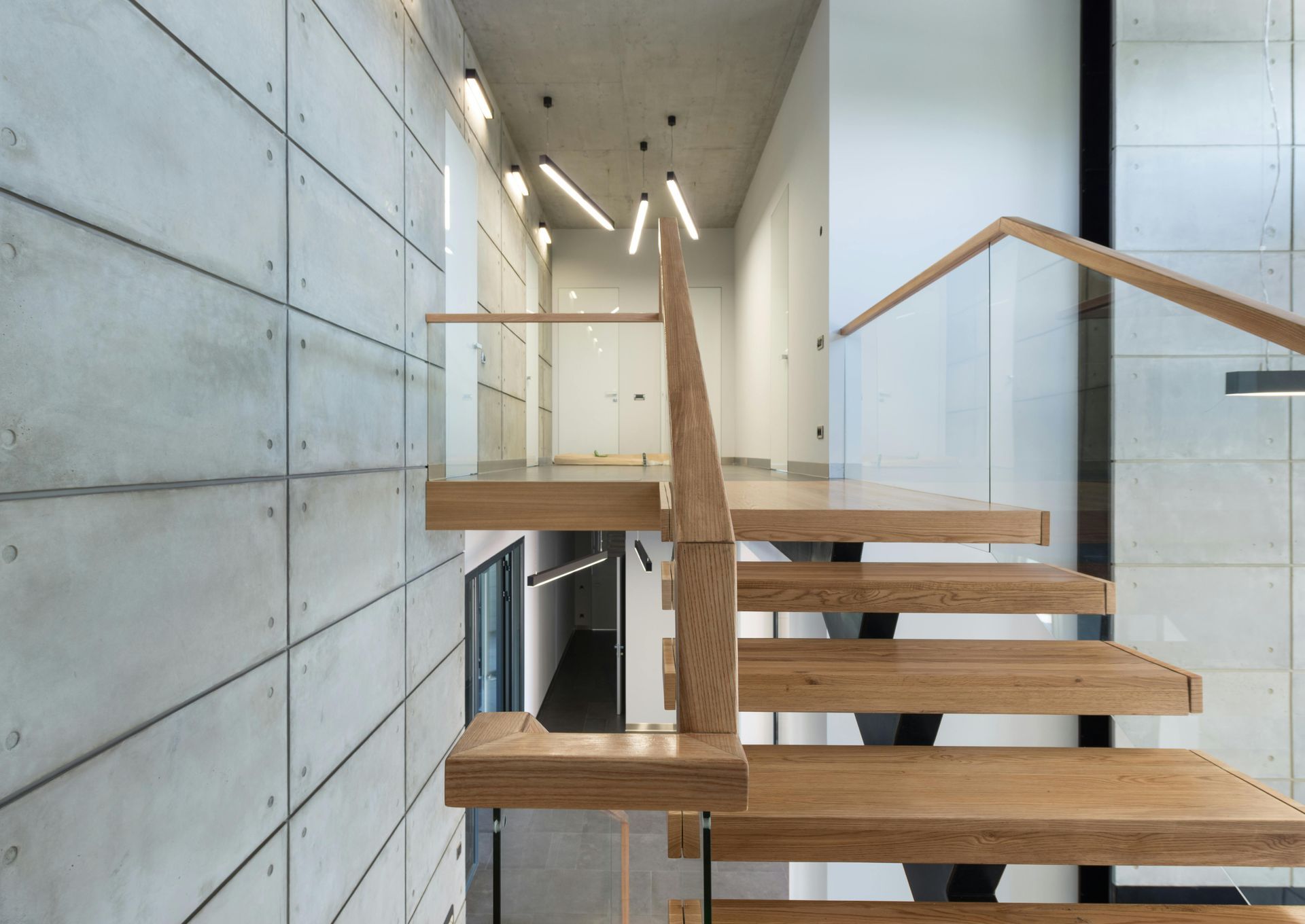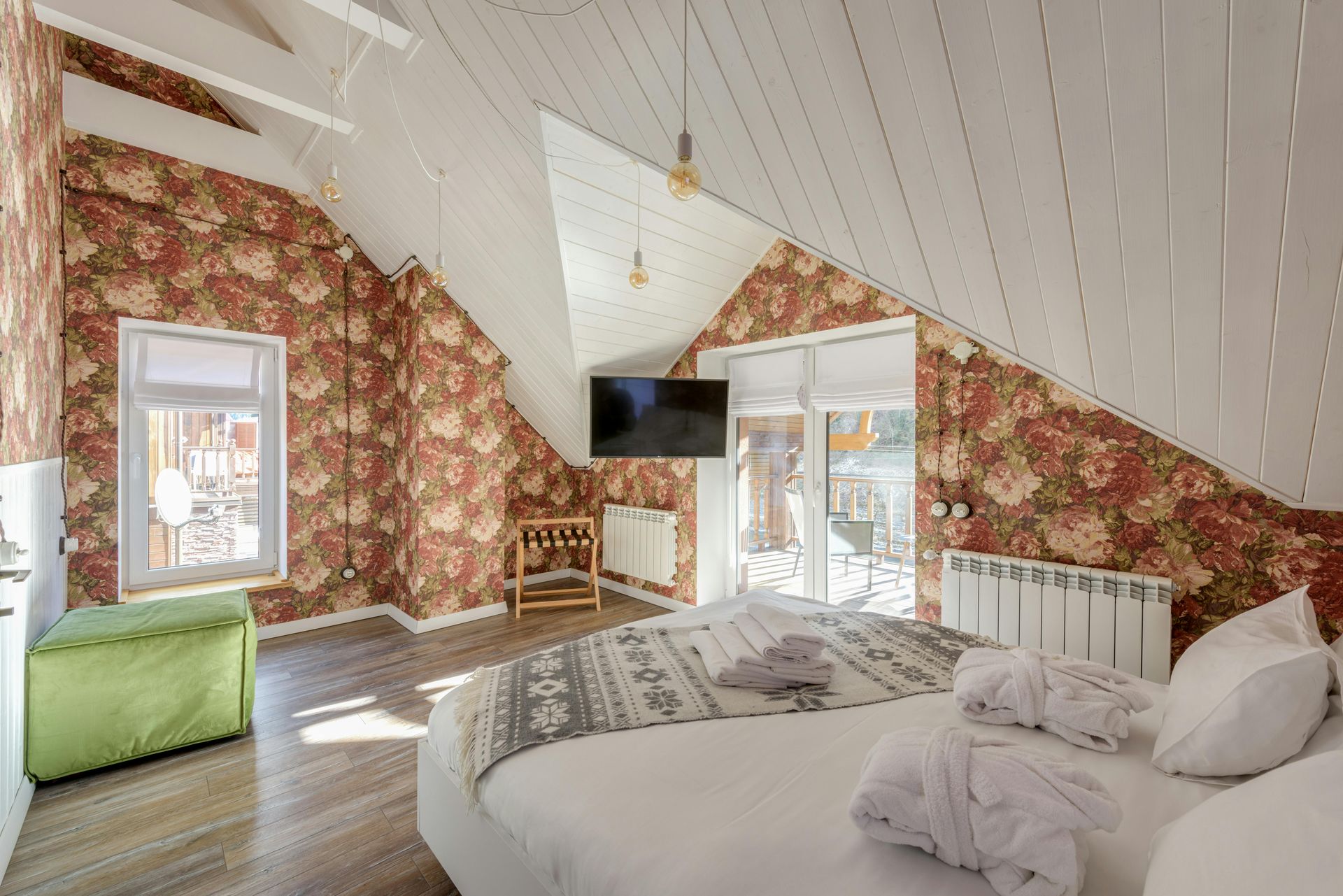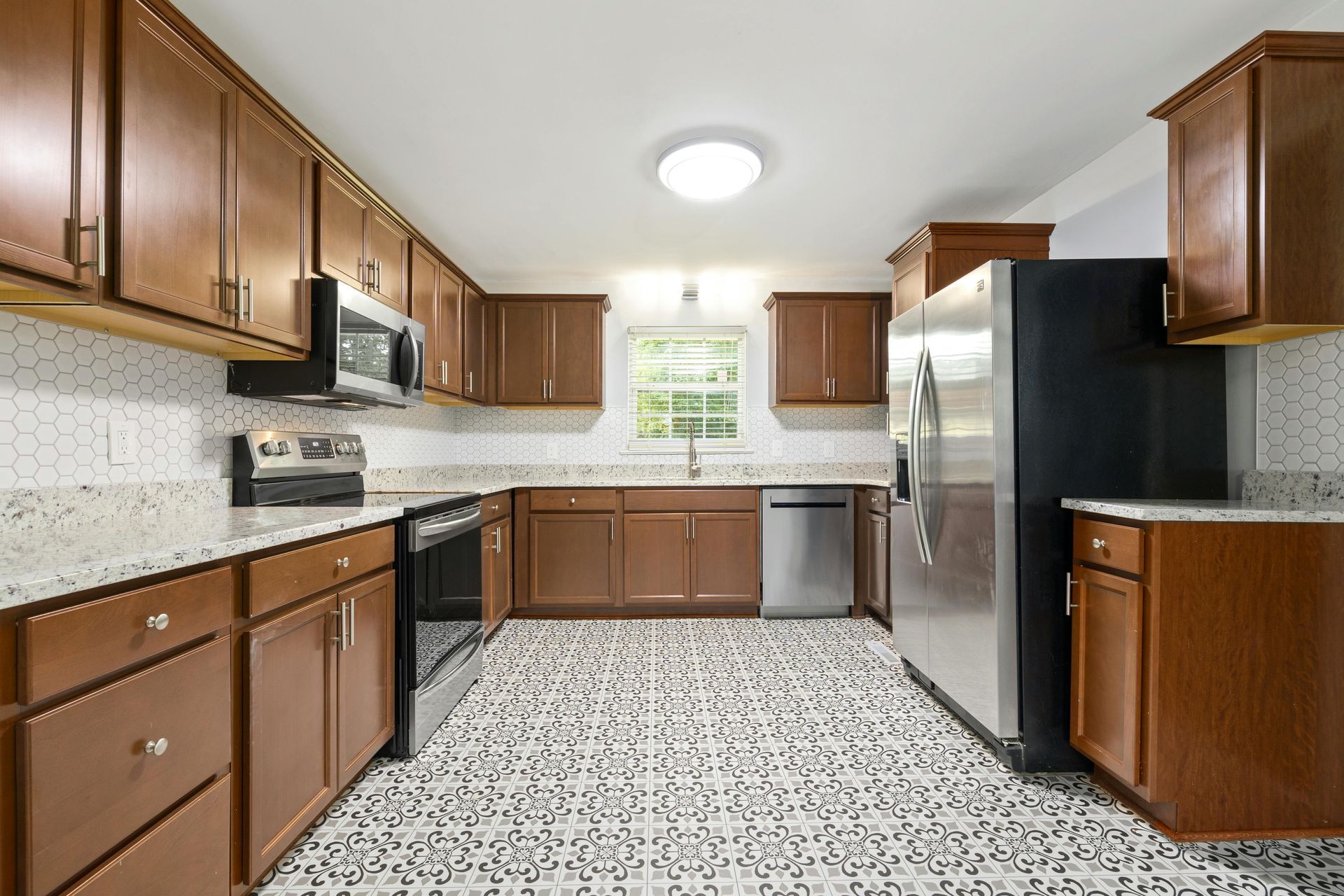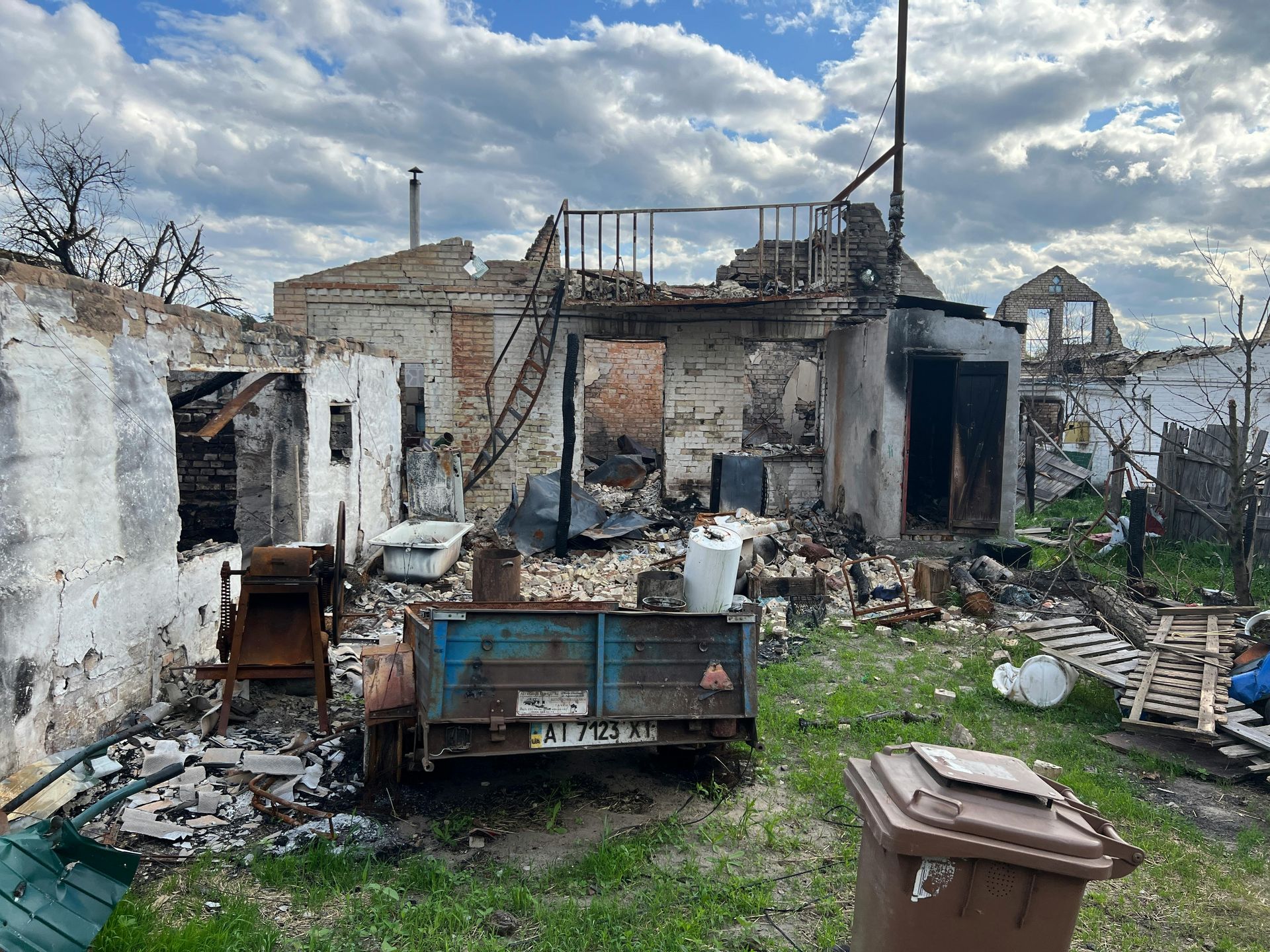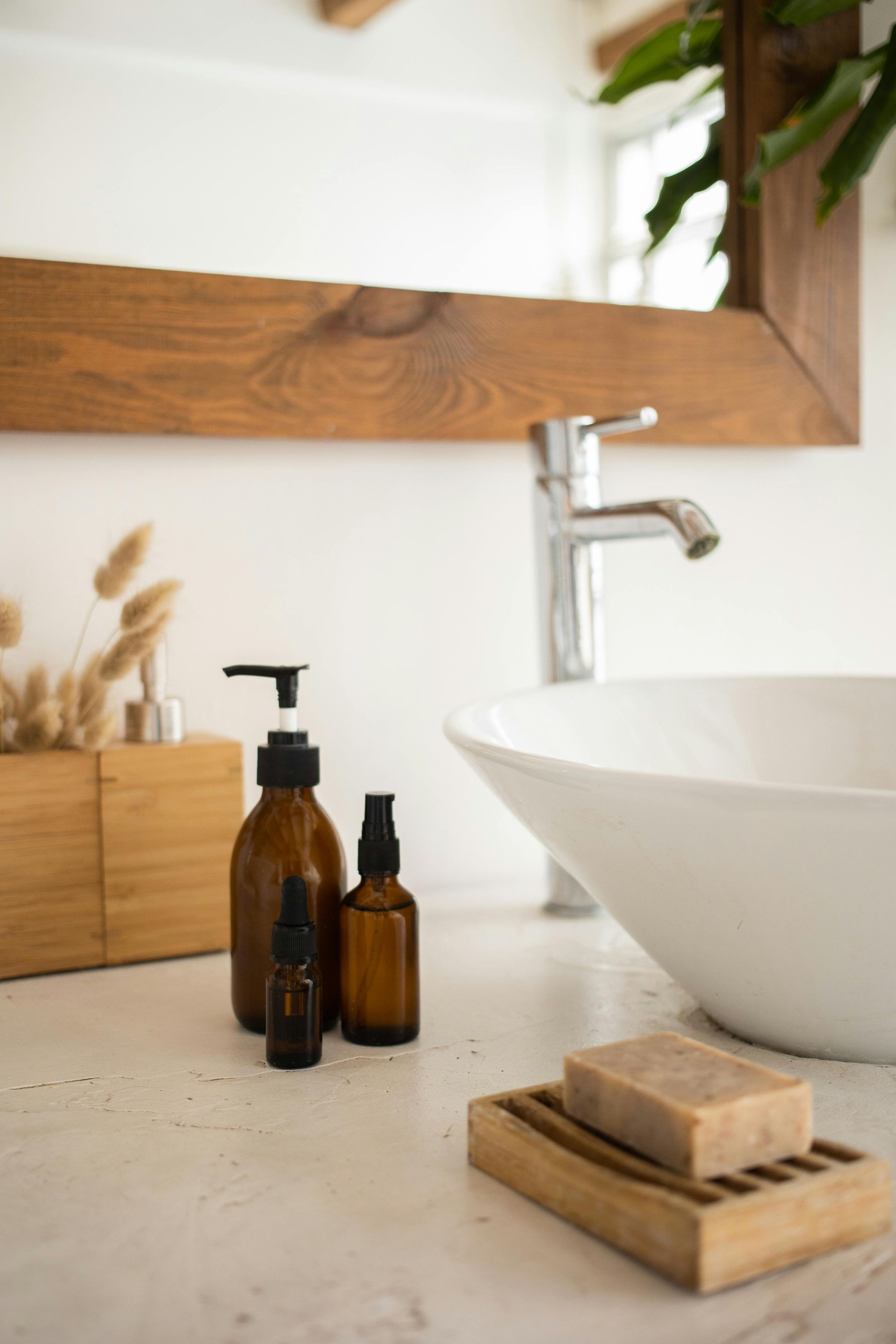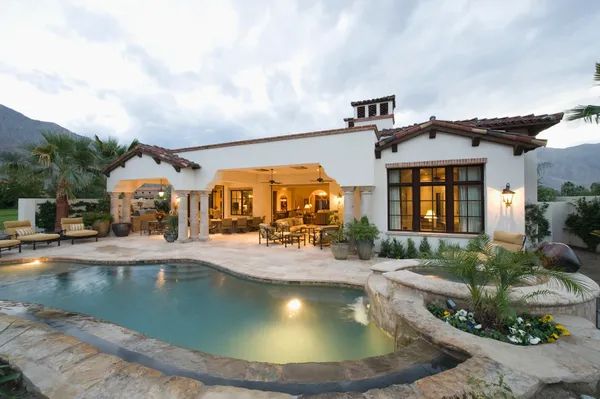5 Key Benefits of Building an ADU in Jacksonville, FL
In Jacksonville, FL, the growing interest in Accessory Dwelling Units (ADUs) represents more than just a trend; it's a transformative approach to maximizing property utility and value. Amidst legislative changes facilitating their construction, ADUs emerge as a multifaceted solution for homeowners. From providing additional rental income to enhancing property values, and from offering flexible living spaces to promoting sustainable living, ADUs are redefining residential property use in Jacksonville. This article delves into the myriad benefits of ADUs, underscoring their role as a strategic investment in today’s dynamic real estate landscape.
Understanding ADUs
What is an ADU?
An Accessory Dwelling Unit (ADU) is essentially a secondary housing unit on a single residential property. Commonly known as granny flats, in-law suites, or backyard cottages, ADUs can vary in form. They might be a converted garage, a standalone structure, or even an attachment to the existing home. Despite their smaller size compared to traditional homes, ADUs offer complete independent living facilities, including a kitchen, bathroom, and sleeping area.
Jacksonville's ADU Regulations
Jacksonville's City Council recently passed legislation to expand the areas where ADUs can be built and rented. This includes most low-density, single-family neighborhoods, except where restricted by homeowners associations. The new ordinances, 2022-0448 and 2022-0447, change the zoning code and amend the city’s comprehensive plan to allow ADUs on residential lots in various land use categories.
Specific requirements for ADUs in Jacksonville include:
- ADUs must be built behind the primary house.
- They should visually complement the main house with similar design elements.
- The height of the ADU cannot exceed that of the primary house.
- The building footprint of the ADU is limited to either 25% of the gross floor area of the main structure or 750 square feet, whichever is smaller.
- These changes are part of Jacksonville's efforts to address housing challenges and provide flexible property options. The introduction of ADUs is seen as a way to add to the rental housing stock and improve affordable housing availability. The cost for building ADUs varies, with prefabricated units ranging from $50,000 to $80,000, and newly built structures estimated at $250 to $300 per square foot.
The Advantages of Adding an ADU in Jacksonville
Additional Rental Income
One of the most enticing reasons to build an ADU in Jacksonville is the potential for additional rental income. Homeowners can transform these units into rental spaces, providing a steady source of income. This can be particularly beneficial in Jacksonville’s vibrant rental market, helping homeowners offset mortgage costs or other living expenses.
Increased Property Value
ADUs can significantly boost your property's value. In Jacksonville, where housing demand is on the rise, adding an ADU can make your property more appealing to potential buyers, offering both increased living space and potential rental income.
Privacy and Comfort for Family Members
ADUs in Jacksonville offer a unique solution for extended family living. They provide a private and comfortable space for elderly parents, grown children, or other family members, allowing for close proximity while maintaining individual privacy.
Flexibility for Changing Needs
The versatility of ADUs is a huge plus. Whether it's adapting to a growing family, needing a home office, or creating a space for hobbies, ADUs in Jacksonville offer the flexibility to meet changing lifestyle needs without the need for extensive property alterations.
Promoting Sustainable Living
Building an ADU is also a step towards sustainable living. Smaller in size, these units often require less energy to maintain, and their design can incorporate eco-friendly features, aligning with Jacksonville's growing focus on sustainability.
Financial Considerations and Return on Investment
Building an ADU in Jacksonville is not just a property enhancement; it's a financial decision that requires careful consideration. The initial costs of constructing an ADU vary, with options like prefabricated units offering a more budget-friendly choice. On the higher end, custom-built ADUs can cost more but also allow for personalized design and features.
The return on investment (ROI) for an ADU in Jacksonville can be substantial. The additional rental income can provide a steady cash flow, and the increase in property value can yield a significant return if you decide to sell. Homeowners should weigh the initial investment against these potential financial benefits to determine if an ADU is the right choice for their property and financial goals.
Conclusion
In Jacksonville, FL, the addition of an Accessory Dwelling Unit (ADU) to your property is more than just a construction project; it's an investment in flexibility, functionality, and financial security. Whether your goal is to generate rental income, increase property value, provide a private space for family, adapt to lifestyle changes, or embrace sustainable living, ADUs offer a multitude of benefits. With recent legislative changes making it easier to build ADUs in Jacksonville, now is an opportune time for homeowners to consider this valuable addition to their property portfolio.
Interested in Exploring the Potential of an ADU for your Jacksonville Property?
At Sunshine State Professional Services, we're here to guide you through every step of the process. From understanding local regulations to designing and building your ideal ADU, our team of experts ensures a seamless and rewarding experience. Contact us today to learn more and take the first step towards unlocking the full potential of your property with an ADU.
